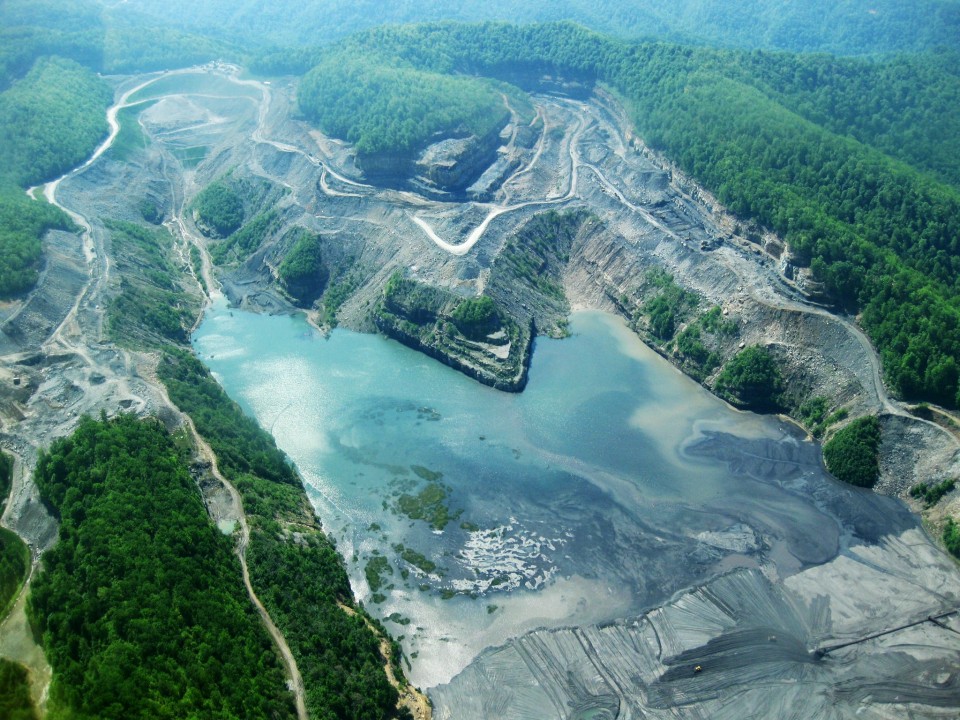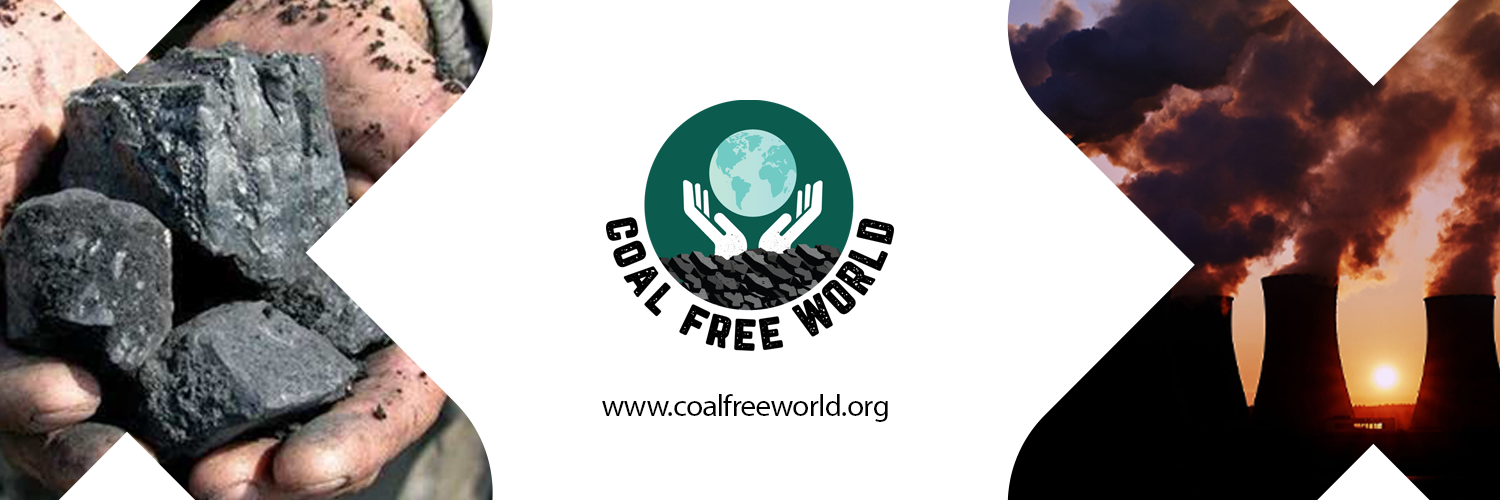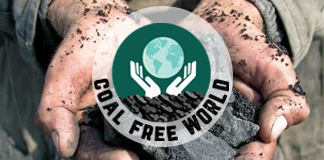Safe, affordable and accessible water is one of our planet’s scarcest natural resources. The planned expansion of the coal industry threatens to further deplete and pollute this vital resource.
Coal plants consume vast amounts of water for cooling and steam production. A typical 1000 MW coal plant uses enough water in one year to meet the basic water needs of half a million people. Globally, coal plants consume about 8% of our total water demand. The coal industry’s thirst for water is particularly concerning given that some of the largest coal producing and consuming countries, including India, China, Australia and South Africa, already face water stress and are currently planning enormous build-outs of their coal industries. For example, in India 79% of planned new power stations are in areas that are already water scarce or stressed.
Coal is also a major polluter. At each stage of the coal production and use cycle, water is polluted at levels that significantly harm water quality, ecosystems and human health. Heavy metals and toxins such as mercury, lead and arsenic are found in coal ash, coal slurry and coal waste, which when improperly managed can contaminate groundwater, rivers and seas. In humans these pollutants can cause cancer, birth defects, reproductive problems, damage to the nervous system and kidneys, and learning disabilities in children. Often colorless and out of public view, the contaminants from the coal life cycle are an invisible menace to our health and environment.




